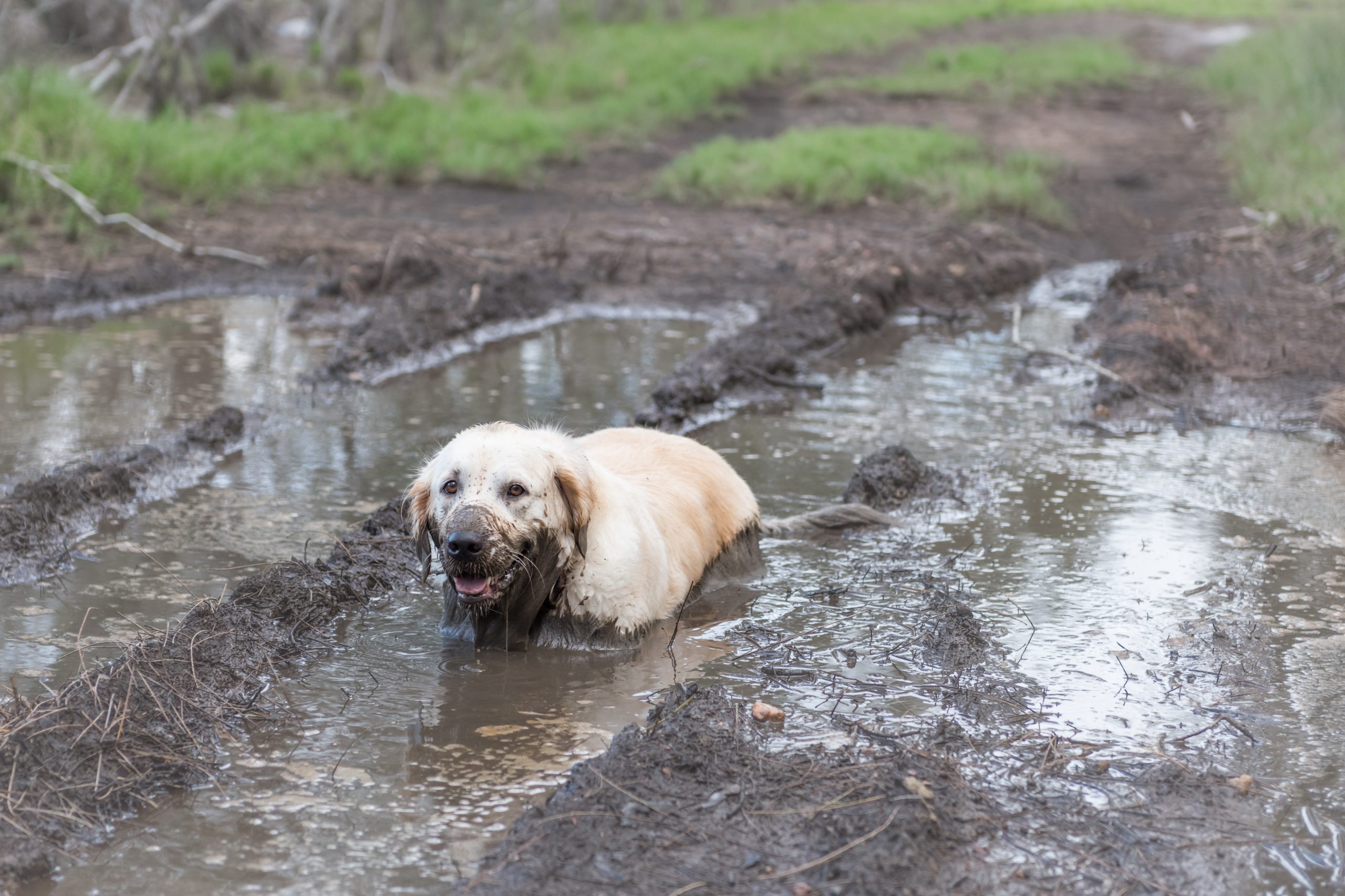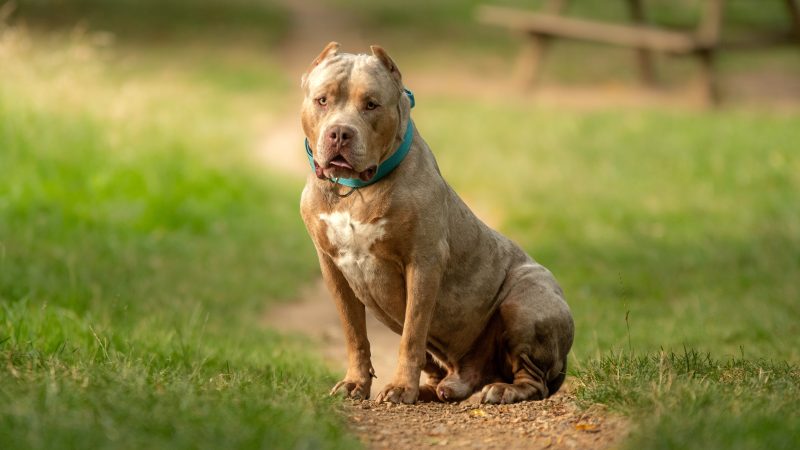CRGV case confirmed in Northern Ireland

A new and fatal case of cutaneous and renal glomerular vasculopathy (CRGV) has been confirmed in Northern Ireland, the fifth such incident in the UK so far this year, following 11 others recorded in 2022.
Experts at Anderson Moores Veterinary Specialists (AMVS) in Hampshire said cases of the disease, which is also known as Alabama rot, are more unusual at this time of the year.
Josh Walker, co-lead of the practice’s CRGV research unit, said: “Cases are less common in the summer, but possible. This case in Craigavon, County Armagh, involved a three-year-old male French bulldog.
“This disease is still rare, so we’re advising dog owners to remain calm, but vigilant and seek advice from their local vet if their dog develops unexplained skin lesions.”
Overall, there have been 295 CRGV cases recorded since it was first discovered in the UK in 2012. An online map, developed by AMVS, records the locations of all confirmed cases within the UK.
Mr Walker said the best chance of recovery probably lies with early and intensive veterinary care.
He said: “We have been at the forefront of research into CRGV for almost a decade and have witnessed first-hand the often-devastating effects of the disease.
“Treatment largely revolves around management of the sudden onset kidney failure and, sadly, with our current understanding of the disease, is only successful in around 10% of cases.”
However, there is hope of an advance in knowledge after academics at the University of Bristol revealed earlier this year that they had identified a bacteria that they think could be the source of the disease.
Alabama rot, otherwise known as Cutaneous and Renal Glomerular Vasculopathy (CRGV), is a disease that affects dogs. It damages the blood vessels in the skin and kidneys, which causes visible sores on the skin and can lead to severe organ dysfunction and ultimately kidney failure.
The cause of the disease is currently unknown, though research is on-going.
Most reports come from pet owners who walk their dogs in the countryside, and most cases are reported during winter and spring. Generally, cases are rare in the summer months compared to the colder months.
Symptoms include:
- Skin sores, visible swelling, red patch or skin defects not caused by a known injury. These skin lesions typically appear below the knee or elbow, and occasionally on the face or at the bottom of the chest or abdomen.
- Changes in appetite – reduced appetite, drinking more, vomiting and lethargy are signs of acute kidney injury.







